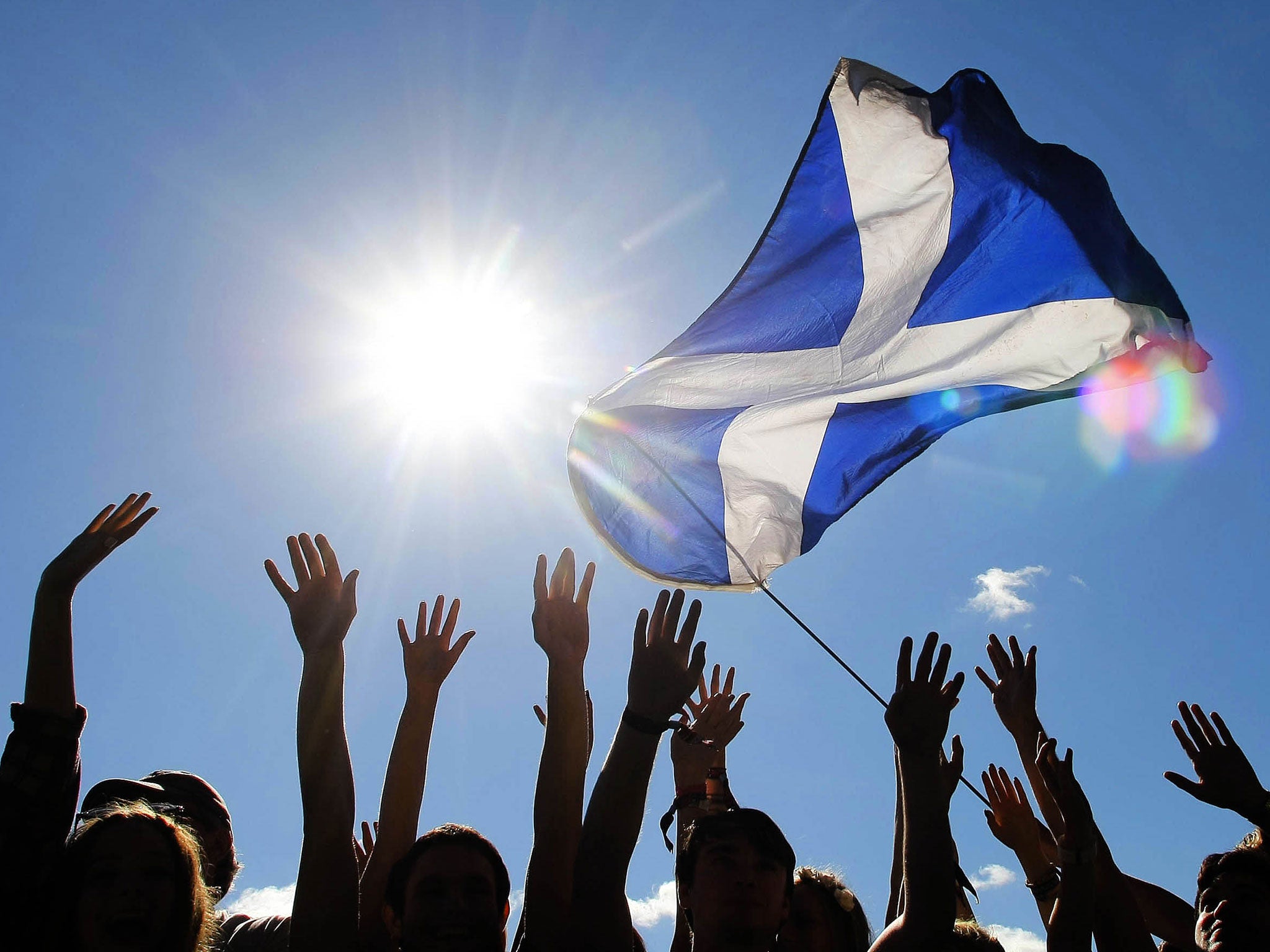Scottish independence: From the NHS and the Army to the royal family and Team GB – what would happen to Britain's key institutions if Scots vote Yes?
After more than 300 years of union and with some institutions interlinked at their core, what will happen to the family silver, if it comes to divorce, remains largely unresolved

With Scotland’s vote on independence less than a week away and recent polls showing the margins between the Yes and No campaigns razor thin, the fate of the UK’s shared institutions has become one of the referendum’s fiercest battle grounds.
The debate over whether or not Scotland would keep the pound as an independent country has dominated headlines throughout the campaign with question marks over the future of the currency post independence swaying some to vote no outright.
Questions surrounding what will happen to institutions like the Army, and how a smaller United Kingdom would project itself on the world stage without a Scotland-based nuclear deterrent also remain central themes.
After more than 300 years of union and with some institutions interlinked at their core, what will happen to the family silver, if it comes to divorce, remains largely unresolved.
The 2015 General Election
If it votes for independence, Scotland won’t leave the union until 2016 meaning, under current arrangements, that if Scots decide to go it alone they will still vote in the 2015 general election. The possibility of Scotland swinging the vote in favour of the government with which it will negotiate their independence has led some to call for the elections to be delayed. Downing Street has said, however, that it has no plans to postpone the election despite claims a yes vote could lead to a constitutional crisis.
The NHS
Alex Salmond has said a yes vote in the referendum is the only way to save Scotland’s National Health Service. This claim was undermined, however, yesterday when research published by the Institute for Fiscal Studies determined that Scotland’s devolved government spent less in real terms on its health service than England. Despite this, the splitting up of the NHS would be more straightforward than other institutions, as it is already managed from Holyrood.
The BBC
The Licence fee in Scotland currently raises around £230m which the Yes campaign says it would use, along with the assets of BBC Scotland, to create a Scottish Broadcasting Service or SBS. It says the SBS would continue to provide original content to the BBC and Scotland would receive access to all current programming, including BBC1, BBC2 and national radio stations. The Government has said since February that an independent Scotland would lose any automatic rights to BBC programming.
The Pound
The No Campaign is hoping that doubts over whether or not Scotland will be able to keep the pound will sway the referendum in its favour. George Osborne has said that the UK will not let Scotland keep the pound if it votes to leave the union and the leader of the Better Together coalition, former Chancellor Alistair Darling, has called the Yes campaign’s suggestion that it keep the currency “mad”. Alex Salmond has claimed repeatedly that Scotland will be able to retain the pound and has said speculation to the contrary is little more than fear mongering.
The Army
Britain’s involvement in the Iraq war and the stationing of the Trident Nuclear fleet north of the border are unpopular in Scotland. The Scottish Nationalists have railed against the war saying they would scrap Trident and create a new Scottish defence force based on existing Scottish regiments.
The Royal Family
Scotland would keep the Queen as a head of state under current plans proposed by the Yes campaign, as Elizabeth Queen of Scots. It would also remain part of the Commonwealth. However a second referendum could be held to determine what form a new Scottish state would take.
Sport
Scotland’s Rugby and Football teams would remain as they are if Scotland voted to leave the UK but the British and Irish Lions could be forced into a name change. What would happen to the British Olympic Association also remains up for debate. Scotland’s most successful Olympian Sir Chris Hoy has said he is wary of independence because of the number of Scottish athletes living and training in England and what their status would be.
Subscribe to Independent Premium to bookmark this article
Want to bookmark your favourite articles and stories to read or reference later? Start your Independent Premium subscription today.

Join our commenting forum
Join thought-provoking conversations, follow other Independent readers and see their replies